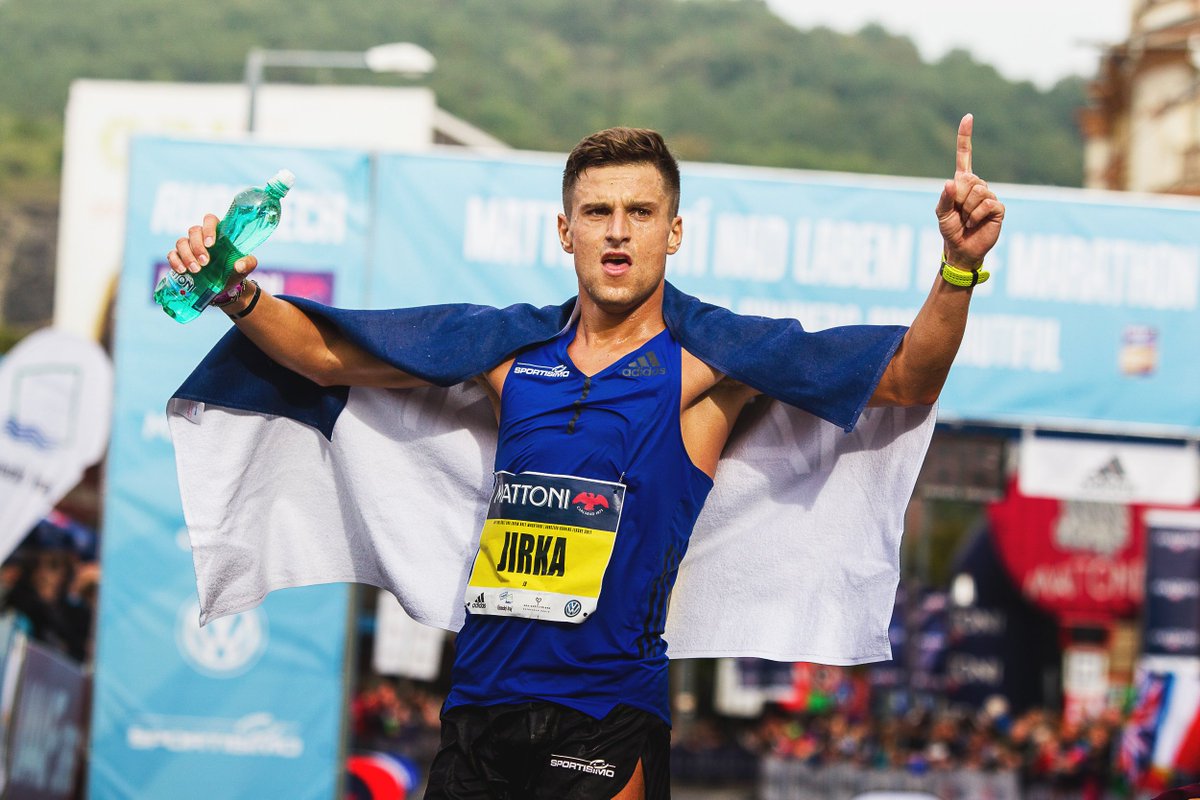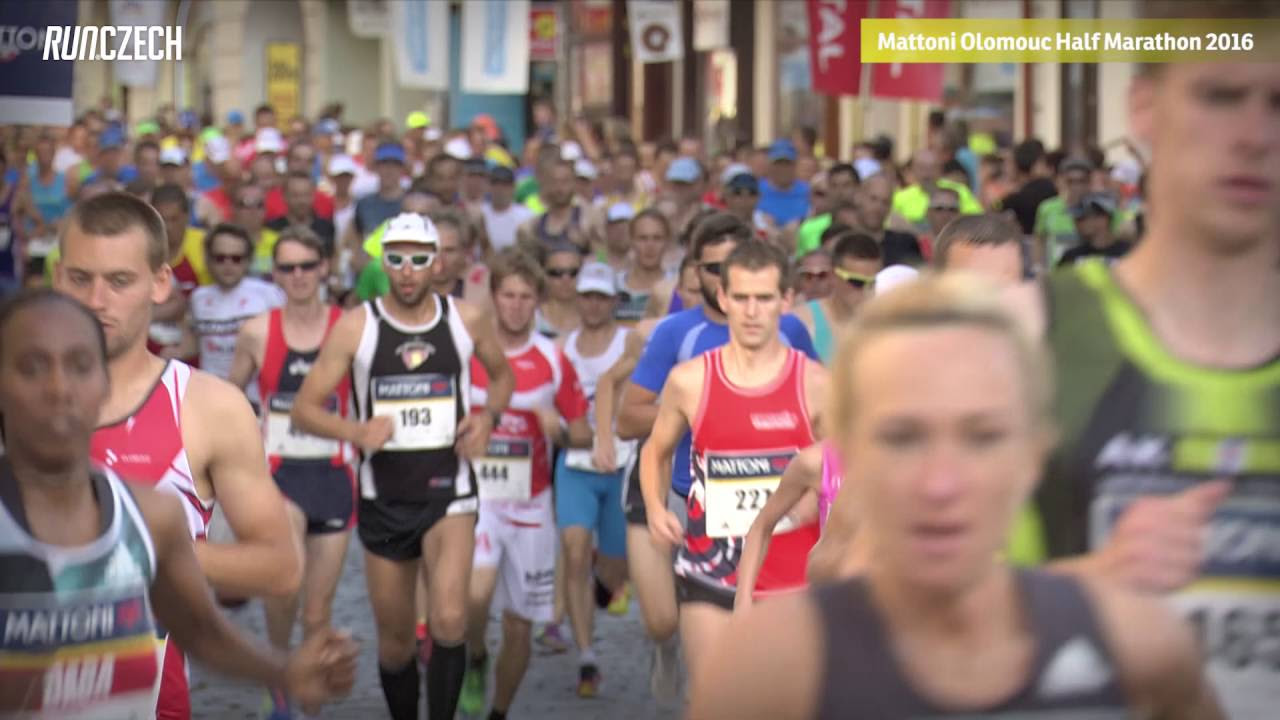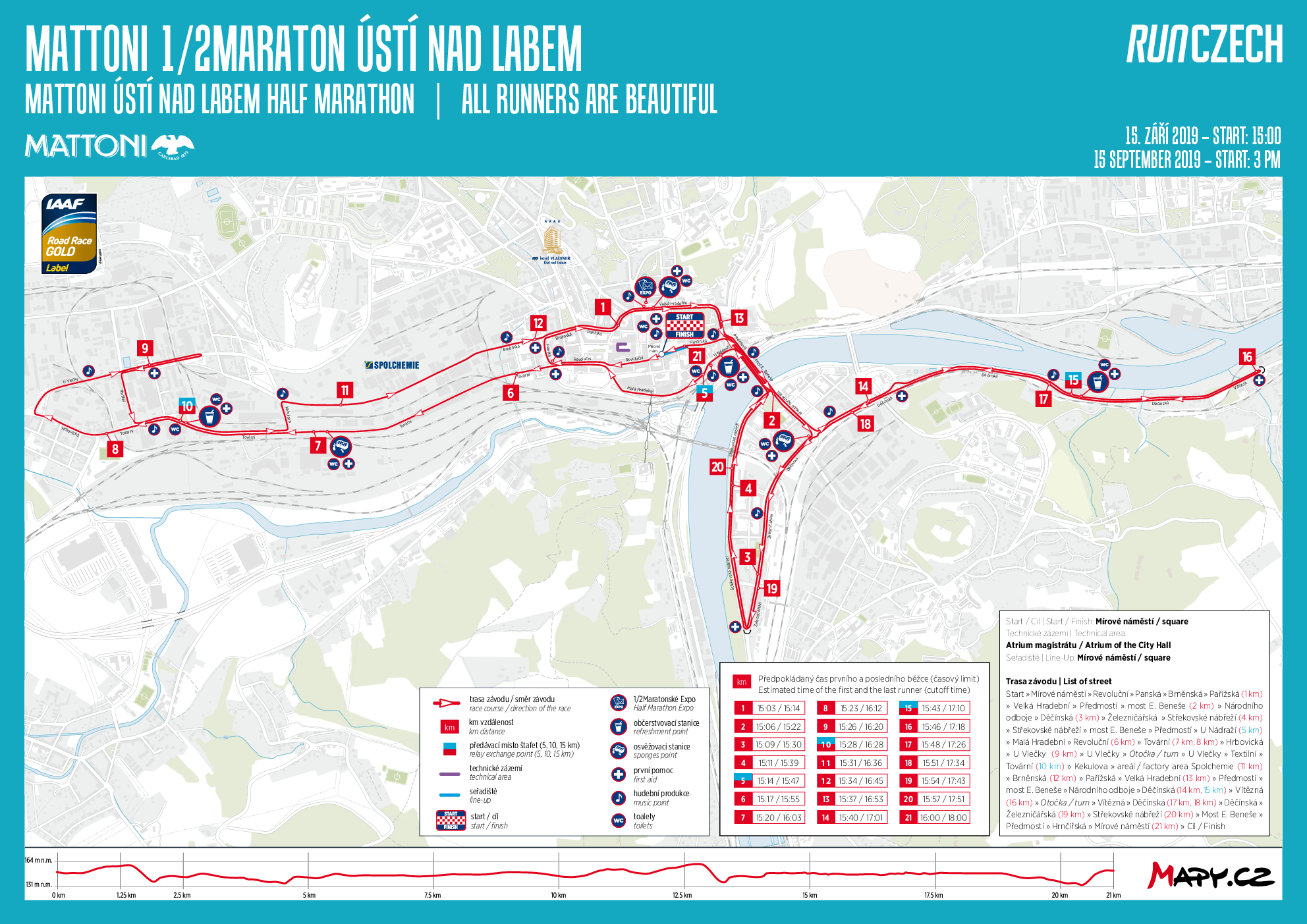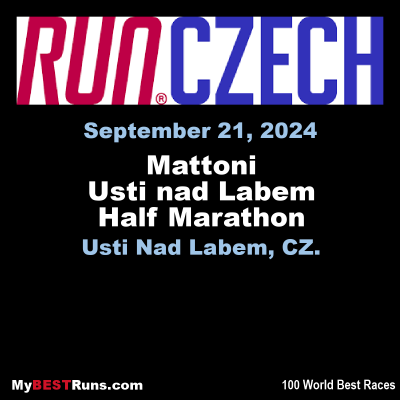- Half Marathon course record men: Barselius Kipyego /KEN/ 59:15, 2016
- Half Marathon course record women: Peres Jepchirchir /KEN/ 1:07:17, 2015

Saturday September 19th, 2026
Usti Nad Labem, Czech Republic
Distance: Half Marathon
Offical Race Web Site
Enjoy the urban run at the Ústí Half Marathon. The course leads alongside the river Elbe opening a view to impressive rock formations, Strekov castle and then crossing the area of a chemical factory which is a perfect example of industrial architecture of the First Republic.
The Ústí nad Labem Half Marathon is an annual half marathon race which takes place in September in Ústí nad Labem, Czechia. Known as the Mattoni Ústí Half Marathon, it is a part of RunCzech running circuit. In 2013, it was awarded IAAF Silver Label Road Race status. The inaugural edition of the event was held in 2011. In 2012, more than 2 300 runners participated in the race.

| Division | Time | Name | Age | Home |
| Male | 1:04:39 | dorian boulvin | BEL | |
| 2nd Male | 1:05:33 | khalid choukoud | NED | |
| 3rd Male | 1:05:58 | damián vích | CZE | |
| 4th Male | 1:06:42 | bohdan ivan horodyskyi | UKR | |
| Female | 1:13:01 | valeriia zinenko | UKR | |
| 2nd Female | 1:13:34 | tereza hrochová | CZE | |
| 3rd Female | 1:15:19 | maryna nemchenko | UKR | |
| 4th Female | 1:15:57 | mariia mazurenko | UKR |
| Division | Time | Name | Age | Home |
| M 40-49 | 1:13:17 | petr pechek | CZE | |
| M 50-59 | 1:21:24 | martin frelich | CZE | |
| M 60-69 | 1:54:34 | martin hušek | CZE | |
| M 70+ | 1:59:25 | rudolf marek | CZE | |
| F 40-49 | 1:28:18 | danka trusková | CZE | |
| F 50-59 | 1:50:33 | sylvia hradocka | CZE | |
| F 60-69 | 1:54:13 | jarmila jašíčková | CZE | |
| F 70+ | 2:13:57 | wendy wallinger | GBR |

Twitter feed: Violah Jepchumba /BRN/ won the Mattoni Ústí nad Labem Half Marathon 2017 among women with the time of 1:06:06 | New event record
Twitter feed:Barselius Kipyego /KEN/ won the Mattoni Ústí nad Labem Half Marathon 2017 with the time of 59:14 | New event record
Interesting figures:
- Capacity for the Mattoni Olomouc Half Marathon is 6,200 runners
- A total of 49 nationalities will appear at the start line
- 66% runners are made up of men, 34% women
- The average age of women taking part in the half marathon is 35.7 years, the average age of men is 38.6 years
- On average women manage to complete the Mattoni Olomouc Half Marathon in 2:07:29, men in 1:51:21
- Eleven men and five women will be celebrating their birthdays on race day
- The vast majority of long-distance runners are university educated (58%), with school leavers making up 34% and the remaining 8% made up of those with only basic level education
- The oldest male participant: Ji Englii (CZE), 79 years
- The female participant: Eva Cupalov¡ (CZE), 69 years
- A total of 925 volunteers will help out on race day









This is a race I would really like to run one day.